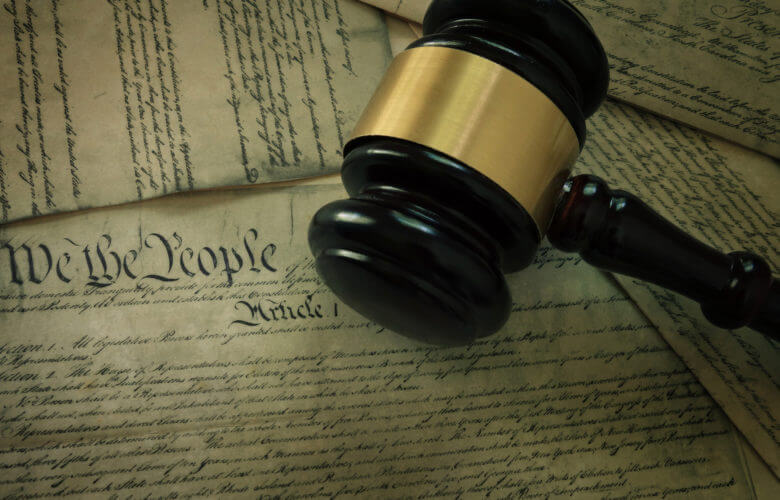The judiciary plays a substantial role in interpreting and enforcing laws in any country. The judiciary involves a group of individuals who are responsible for upholding and interpreting the law. The judiciary is designed to be independent of the political and legislative branches and to ensure that the rule of law is upheld.
The Role of the Judiciary in Interpreting and Enforcing Laws
The primary function of the judiciary is to interpret the laws created by the legislative branch of the government. The judiciary is responsible for applying the laws to specific circumstances and ensuring that justice is served. Judges, attorneys, court personnel, and other legal professionals all play an essential role in the functioning of the judiciary.
The judiciary provides a final authority on the interpretation of the law. When disputes arise over the meaning of legal statutes, the judiciary has the ultimate responsibility to interpret the law and provide a resolution.

The judiciary also serves as the enforcer of laws. If an individual is accused of a crime or violation, the judiciary is responsible for assessing the evidence, making a decision based on the law, and enforcing the penalties associated with a legal violation.
Legal and Ethical Considerations Surrounding Judicial Independence and Accountability
Judicial independence is a cornerstone of a functioning judicial system. It is crucial that judges remain free from political pressure and outside influences that may compromise their decision-making. This independence allows judges to make impartial decisions based on the law and facts of the case.
However, judicial independence is not without its limits. Judges must remain accountable for their decisions, and their actions must be subject to review by higher authorities such as appellate courts. Judicial accountability ensures that judges remain impartial and do not overstep their bounds by making decisions outside of their jurisdiction.

Judges must also adhere to ethical considerations in their roles as interpreters and enforcers of the law. Judges are expected to follow the ethical standards of their profession, which includes being fair and impartial in their decision-making, avoiding conflicts of interest and bias, and maintaining high ethical standards in their personal and professional lives.
The judiciary plays a crucial role in interpreting and enforcing laws in any country. The independence of the judiciary is paramount to ensure that judges remain impartial and make decisions based on the law and facts of the case. Judicial accountability is also necessary to ensure that judges adhere to ethical standards and do not overstep their bounds. By upholding the rule of law, the judiciary ensures that justice is served and promotes the stability and prosperity of society.





